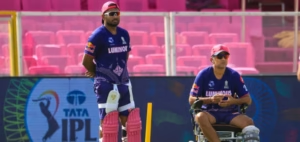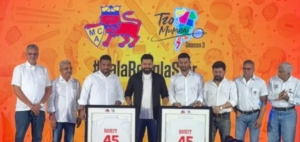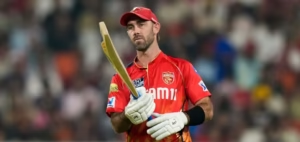Sri Lanka Achieves Historic ODI Series Victory Over India After 27 Years
By Aayush Pathak 07 Aug 2024, 16:25 IST
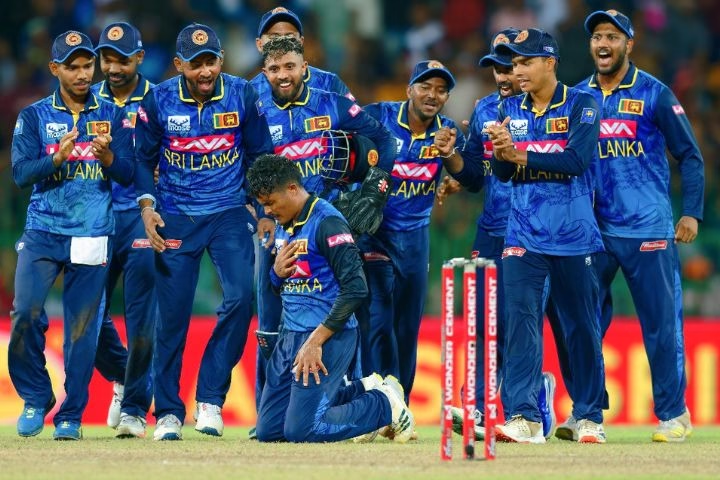
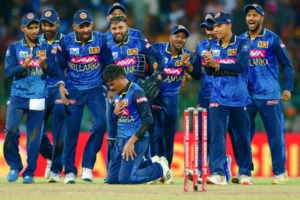
Sri Lanka has defeated India in a bilateral ODI series for the first time in 27 years, concluding the third and final ODI with a commanding 110-run victory in Colombo. This win marks a significant milestone for Sri Lankan cricket, especially after being swept in the T20 series just prior to this ODI contest.
Sri Lanka’s Dominance in the Final ODI
Avishka Fernando led the charge for Sri Lanka in the third ODI, scoring 96 runs, the highest individual score of the series. His innings set a solid foundation for the team, allowing them to post a competitive total despite a late collapse that saw them lose five wickets for just 28 runs. Dunith Wellalage emerged as the star bowler, claiming five wickets for 27 runs, dismantling India’s batting lineup with precision, eventually defeating them by 110 runs in the final ODI.
India’s struggles against spin were evident throughout the series, particularly in the final match where they lost nine wickets to spinners, totalling 27 across the three ODIs. The Indian batting order, which had initially shown promise, faltered under pressure, with only a few players, including Rohit Sharma and Washington Sundar, making notable contributions. Rohit’s innings of 35 runs off 20 balls was cut short when he was caught behind while attempting a sweep shot against Wellalage.
Concerns for India Moving Forward
India’s performance raised several concerns, particularly regarding their application on spin-friendly pitches. The team, under the leadership of Rohit Sharma and newly appointed coach Gautam Gambhir, struggled to adapt their strategy effectively. Despite a strong start in the series, the batting unit failed to build on initial momentum, leading to disappointing totals of 230 and 208 in the first two ODIs.
The lack of effective partnerships highlighted the team’s issues, with the highest stand coming from Washington Sundar and Kuldeep Yadav. As the series progressed, it became increasingly clear that India’s players were unable to contend with the Sri Lankan spinners, particularly Wellalage, who claimed key wickets at crucial moments.
For Sri Lanka, this series victory is a much-needed boost after a difficult period in international cricket. Following their T20 whitewash, the team regrouped and displayed resilience, particularly in the ODI format. The tie in the first ODI served as a catalyst for their improvement, culminating in a historic series win.
Stay updated with all the cricketing action, follow Cricadium on WhatsApp, Facebook, Twitter, Telegram and Instagram
You might also like
Recommended to you





